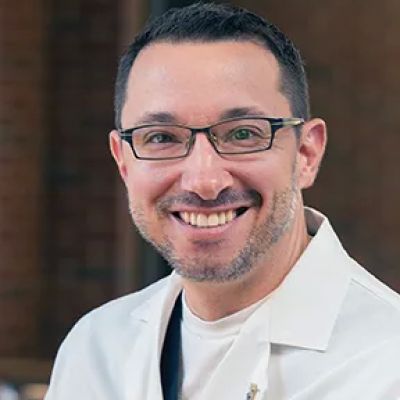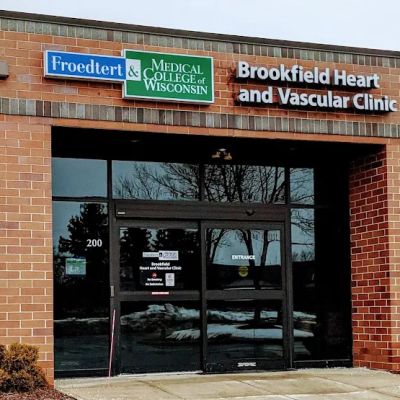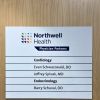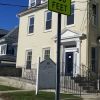- 1-Defining-Cardiomyopathy
- 2-Recognizing-Common-Symptoms-Of-Cardiomyopathy
- 3-Diagnosis-And-Medical-Evaluation
- 4-Treatment-Options-For-Cardiomyopathy
- 5-Patient-Experience-And-Expert-Advice
Defining Cardiomyopathy
Cardiomyopathy is a disease of the heart muscle that affects its ability to pump blood efficiently. This condition can lead to heart failure, irregular heart rhythms, and other complications. Understanding what is cardiomyopathy is crucial, as it encompasses various types including dilated, hypertrophic, and restrictive cardiomyopathy, each with unique characteristics.
The disease may develop due to genetic factors, infections, or long-term high blood pressure, making early detection vital for effective management.
Recognizing Common Symptoms of Cardiomyopathy
Symptoms often vary but may include shortness of breath, fatigue, swelling in the legs and ankles, irregular heartbeat, and chest discomfort. Some patients may experience dizziness or fainting spells. Recognizing these signs early helps in seeking timely medical attention.
For example, John, a 45-year-old patient, noticed persistent fatigue and swelling before his diagnosis, highlighting how subtle symptoms can signal a serious condition.
Diagnosis and Medical Evaluation
Diagnosing cardiomyopathy involves physical exams, echocardiograms, MRI scans, and sometimes genetic testing. These tests assess heart structure and function, enabling doctors to classify the cardiomyopathy type and tailor treatment plans.
Accurate diagnosis is key to preventing disease progression and improving patient outcomes.
Treatment Options for Cardiomyopathy
Medications
Medications such as beta-blockers, ACE inhibitors, and diuretics help manage symptoms and improve heart function. These drugs reduce the heart's workload and control blood pressure.
Lifestyle Changes
Adopting heart-healthy habits like regular exercise, a balanced diet, and avoiding alcohol or smoking can support treatment.
Advanced Therapies
In severe cases, procedures like implantable cardioverter-defibrillators (ICDs), pacemakers, or even heart transplants may be necessary.
Patient Experience and Expert Advice
Mary, diagnosed with hypertrophic cardiomyopathy, shared how lifestyle adjustments combined with medication helped her maintain an active life. Expert guidance from HeartCare Hub emphasizes early detection and personalized treatment to improve quality of life.
If you or a loved one experience symptoms related to cardiomyopathy, consulting specialists at HeartCare Hub ensures access to comprehensive care and support.




















